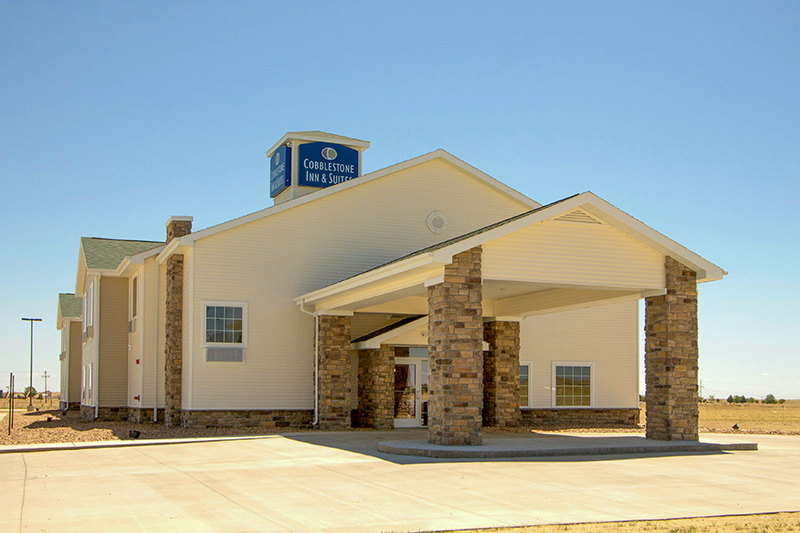Are you experiencing a cracked tooth? Don't worry, you're not alone. Cracked teeth can be a common dental issue that many people face. But what can dentists do to fix a cracked tooth? In this article, we will explore the various methods and treatments that dentists use to repair cracked teeth.
Dealing with a cracked tooth can be both uncomfortable and painful. It can make chewing and eating difficult, and can even lead to more severe dental problems if left untreated. Cracked teeth can be caused by a variety of factors such as biting down on a hard object, trauma to the mouth, or even tooth decay. Whatever the cause may be, it's important to seek dental treatment as soon as possible to prevent further damage and alleviate any pain or discomfort.
When you visit a dentist for a cracked tooth, they will first assess the severity of the crack. Depending on the extent of the damage, there are several treatment options available. For minor cracks, dental bonding or dental veneers may be used to repair the tooth. These procedures involve applying a composite resin or porcelain material to the affected tooth to restore its appearance and function.
In cases where the crack is more severe, a dental crown may be recommended. A dental crown is a custom-made cap that is placed over the cracked tooth to protect it and restore its strength and shape. Root canal therapy may also be necessary if the crack extends into the tooth's pulp, which can help alleviate any pain or infection.
Personal Experience: Dealing with a Cracked Tooth
A few months ago, I experienced a cracked tooth while eating a piece of hard candy. The pain was immediate and intense, making it difficult to eat or drink anything. I knew I needed to see a dentist right away. After scheduling an appointment, my dentist examined my tooth and determined that a dental crown would be the best course of action. The procedure was relatively quick and painless, and I was amazed at how natural and seamless the crown looked once it was placed. I no longer experience any pain or discomfort, and my tooth feels strong and healthy again.
What is a Cracked Tooth?
A cracked tooth refers to a tooth that has a crack or fracture on its surface. This crack can range from minor to severe, and can affect the enamel, dentin, or even the tooth's pulp. Cracked teeth can be caused by a variety of factors, including trauma, teeth grinding, or even biting down on hard objects. If left untreated, a cracked tooth can lead to further damage, infection, and even tooth loss.
The History and Myth of Fixing a Cracked Tooth
Throughout history, people have come up with various methods and remedies to fix cracked teeth. From using natural substances like honey and herbs to applying metal bands or wires on the affected tooth, these methods were often based on folklore and superstition rather than scientific evidence. While these methods may have provided temporary relief, they were not effective in actually repairing the cracked tooth. It wasn't until modern dentistry developed advanced techniques and materials that dentists were able to effectively fix cracked teeth.
The Hidden Secret of Fixing a Cracked Tooth
The hidden secret to fixing a cracked tooth lies in early detection and prompt treatment. When a cracked tooth is detected early, dentists can utilize less invasive procedures such as dental bonding or dental veneers. These treatments not only restore the appearance of the tooth but also prevent the crack from worsening. Regular dental check-ups and maintaining good oral hygiene are key to uncovering any hidden cracks and preventing them from becoming a bigger problem.
Recommendations for Fixing a Cracked Tooth
If you suspect you have a cracked tooth, it's important to schedule a dental appointment as soon as possible. In the meantime, avoid chewing on hard objects or foods, and practice good oral hygiene by brushing and flossing regularly. Your dentist will be able to assess the severity of the crack and recommend the most appropriate treatment option for your situation. Remember, early intervention is crucial in preventing further damage and preserving the health of your teeth.
Understanding Cracked Teeth and Treatment Options
Cracked teeth can vary in severity and can be classified into different types, such as craze lines, fractured cusps, cracked teeth, or split teeth. The treatment options for cracked teeth depend on the type and extent of the crack. In some cases, a simple filling may be sufficient to repair the tooth, while in more severe cases, a root canal or extraction may be necessary. Your dentist will evaluate your specific situation and recommend the most appropriate treatment option.
Tips for Preventing Cracked Teeth
Prevention is always better than treatment when it comes to dental issues, including cracked teeth. Here are some tips to help prevent cracked teeth:
- Avoid chewing on hard objects like ice, popcorn kernels, or pens.
- Wear a mouthguard during sports or activities that may pose a risk of dental trauma.
- Practice good oral hygiene by brushing and flossing regularly to maintain strong teeth and gums.
- Visit your dentist regularly for check-ups and cleanings to detect any potential issues early on.
Conclusion of Fixing a Cracked Tooth
When it comes to fixing a cracked tooth, dentists have a range of treatment options available depending on the severity of the crack. From dental bonding and veneers to dental crowns and root canals, dentists can effectively repair cracked teeth and restore their function and appearance. However, prevention is key. By practicing good oral hygiene and avoiding habits that can lead to cracked teeth, you can minimize the risk of experiencing this dental issue. If you suspect you have a cracked tooth, don't hesitate to schedule a dental appointment for prompt treatment and relief.

No comments:
Post a Comment